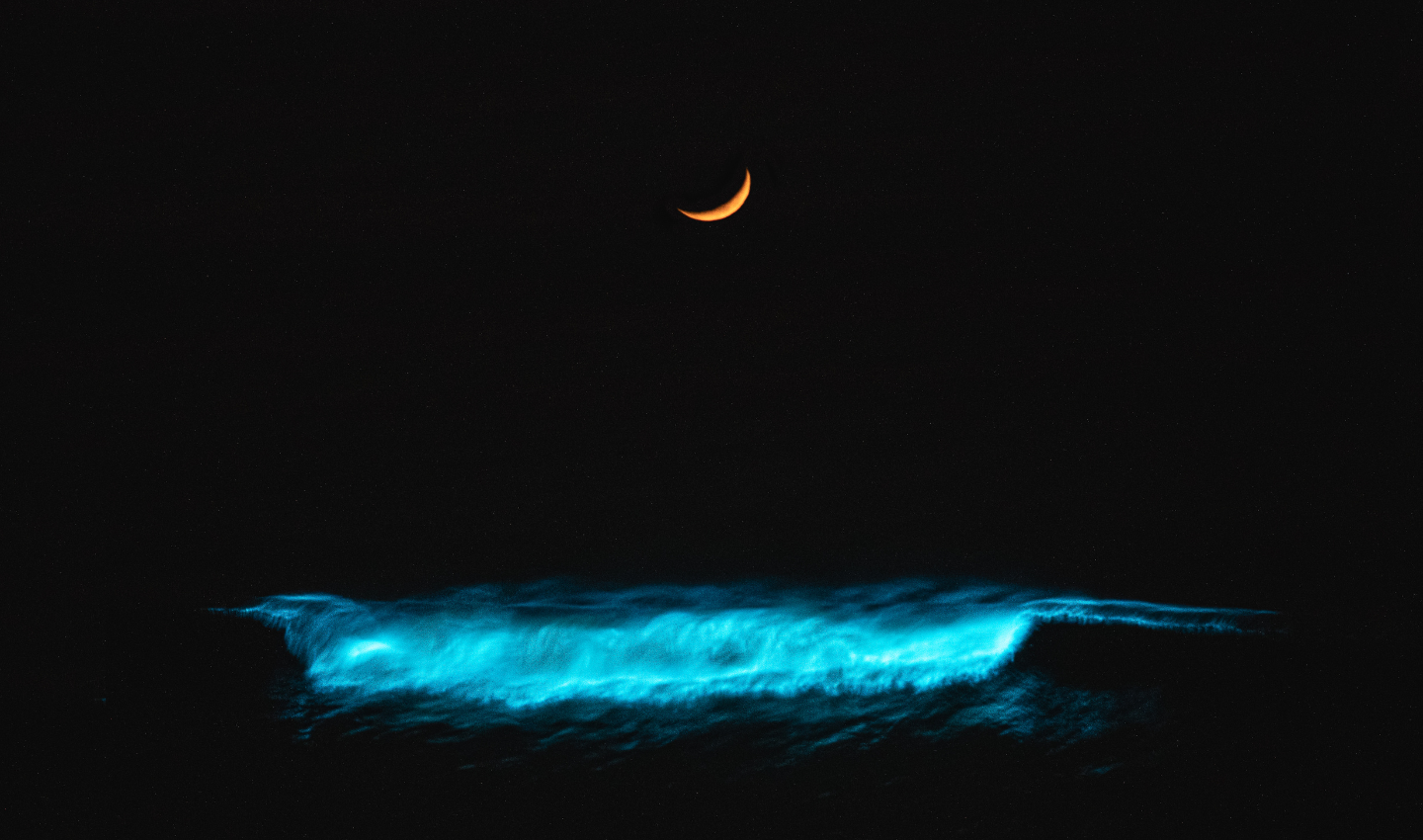- Latest News
The history of Earth Day and practical actions you can take

Everything you need to know about the history of Earth Day
Earth Day is celebrated annually on 22 April. It sparks environmental action and reminds us there is no planet B – but how and when did Earth Day start? We’re hopping in a time machine to break it down.
Can you imagine a time when factories polluting our waterways and spitting thick, toxic smoke into the atmosphere came with no consequences? Before 1970, that was the reality.
53 years ago, there were no legal or regulatory mechanisms in existence to protect our environment – even though climate change had started making the news in 1912.

A ripple in time: The birth of Earth Day
In 1970, amidst a growing environmental movement in the United States, Earth Day was created by the junior senator from Wisconsin: Senator Gaylord Nelson.
Public concern about pollution, deforestation and the deterioration of natural habitats was growing but environmental action and protection wasn’t yet on the US national agenda…
To force the issue, the Senator, along with activist Denis Hayes, envisioned a day dedicated to raising awareness about environmental issues and mobilising communities to take environmental action.
Although originally called the ‘Environmental Teach-In’ and aimed university students, the duo quickly realised their concept could inspire a wider audience. They renamed it Earth Day and pencilled it in on the calendar.
On 22 April 1970, the first Earth Day was celebrated.
What did the first Earth Day look like?

It’s reported that 20 million Americans took part in the first Earth Day (around 10% of the total population of the United States at the time).
They took to the streets, parks and auditoriums to demonstrate against the impacts of 150 years of industrial development.
From coast to coast, US citizens from all walks of life made it clear: They understood and were concerned about the impact we were having on the planet.
Their voices were heard.
In July of the same year, President Nixon called for establishment of the EPA: The Environmental Protection Agency. And in the 10 years that followed the first Earth Day, dozens of regulations to protect the environment were put in place in the US.

The origin of Earth Day reminds us that we have immense power to influence political decision making.
When we care, and make it known we want political action, we let the leaders of our countries know they better want it, too.
Why Earth Day matters: A call to climate action
By 1990, Earth Day was celebrated by over 140 countries around the globe. Now, Earth Day is the largest civic observance in the world.
No matter where we live or how old we are, there’s no denying that looking after our planet is in our best interest.
The Ocean deserves a VIP invitation to Earth Day celebrations
If we look down at Earth from space, most of what we see is blue. Over 70% of our planet is Ocean, but more than just big and blue, the Ocean is the beating heart and lungs of our planet.

5 reasons to look after the Ocean this Earth Day
- The Ocean is keeping us all alive. It provides over 50% of all oxygen on Earth. Simply put: If the Ocean’s ability to produce oxygen was compromised, we’d be in trouble.
- Around 30% of the CO2 we produce is absorbed by the Ocean.
- The Ocean helps regulate land temperature and drive global weather patterns.
- Coastal “blue carbon” ecosystems, like mangrove forests and seagrass meadows, can sequester (store) more carbon in their soils than terrestrial forests.
- The Ocean is the main protein source for over 3 billion people.
We depend on a healthy Ocean for a healthy planet. In the words of Dr. Sylvia Earle, “No water, no life. No blue, no green.”
What’s the theme for Earth Day 2024?
In 2024, the theme for Earth Day is Planet vs. Plastics. 422 million tonnes of plastic are produced annually – half of which is for single-use purposes.
Plastic is everywhere. It’s in what we wear, the items we use daily, and it’s even in the food we eat.
We know plastic was designed to be indestructible (so, it’s not going anywhere, anytime soon). We know it has numerous negative impacts on human health. We know single-use plastics are the biggest contributors to marine litter. And we use it anyway.
It’s safe to say: We have a problematic relationship with plastic.
This Earth Day, rethink your relationship with plastic.

What action can I take this Earth Day?
- Say goodbye to unnecessary single-use plastics you can avoid.
- Explore these 20 ways to reduce and reuse plastic.
- In general: Buy less, reuse more, and become the friend who reminds everyone to bring their reusable cups and bottles when meeting up.
- Implement these 15 practical climate actions anyone, anywhere can take
Riding the Wave of Change
As we commemorate Earth Day, it’s important to reflect on how far we’ve come and re-commit ourselves to leaving our blue planet better than we found it.
We only have one planet and it’s up to all of us to look after it.




